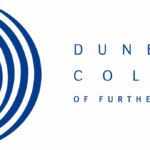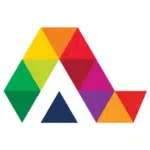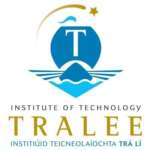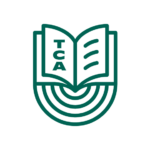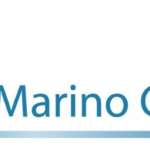There is a high demand for talented, hard-working people in the agri-business sector. It is a growing field, and as a result, there are many opportunities in the world of agri-business.
First off, these include working in the seed and agri-chemical sector, looking at new ways to transport food, or process grain. However, it’s not all just food. Agri-business qualifications are especially relevant to biofuel and development companies. Governments and NGOs are another source of employment.
The Certificate in Food and Agri-business Excellence is a professional qualification. Therefore this course is ideal for science and agriculture graduates who want to build their managerial, marketing, and entrepreneurial skills. Graduates work in supervisory, product development or management positions. It also provides entrepreneurial skills for anyone planning to start a small company or develop a food product for the market place.
Why choose this course?
The Certificate in Food and Agri-business Excellence course teaches students managerial skills, food manufacturing practices and marketing trends in agri-business. Furthermore, they learn about entrepreneurship and adding value to agri-food products.
What does it involve?
The course generally has six modules and takes two semesters. Subjects covered include:
- Food industry; Quality management
- Value Added Products for the Food Industry
- Marketing for the Agri-Business Sector
- Food Processing and Production Management
- Packaging of Food Products
- Agri-Food Entrepreneurship and Innovation
The Dundalk Institute of Technology (DKIT) offers a blended course. Students attend one evening class per week, as well as online learning. Students need access to a computer with a microphone and internet connection because of this.
Admission requirements:
- Level 6 Major Award in Business, Science, Engineering or Agriculture, or
- Level 5 qualification. For example, a Leaving Certificate, FETA/QQI or equivalent, plus relevant industry experience
- Equivalent recognition may be given through the Recognition of Prior Learning (RPL) process on an individual case-by-case basis. Candidates with significant professional experience may gain entry this way even without academic qualifications
- English level of IELTS 5.5 or equivalent
Candidate interviews may also be conducted. Graduates receive a Level 7 Supplement Award Certificate.
At a glance
The DKIT course takes two semesters. Students attend one evening class a week. In addition, they use online learning tools and materials. A final exam is used to assess students. Graduates receive a Level 7 Supplement Award Certificate in Agriculture and Veterinary studies.












